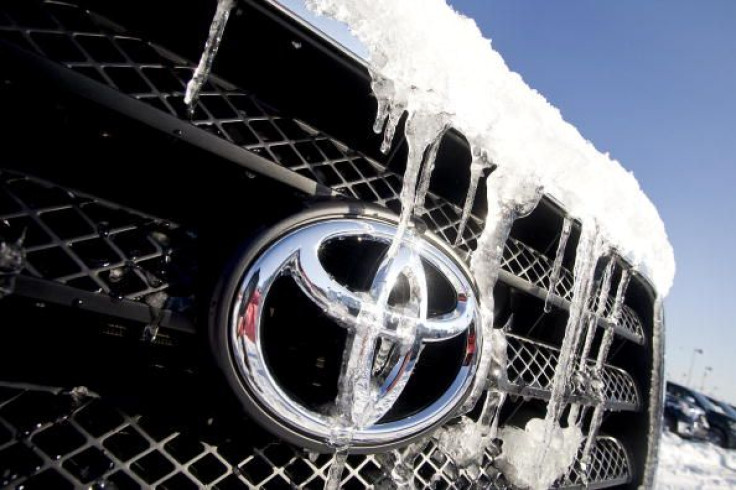January 2016 US New Auto Sales: Winter Storm Jonas Likely Chilled Demand For Cars, Trucks

Last week’s blizzard, which buried much of the eastern United States in snow, also put a chill on U.S. new-auto sales for January. When automakers report their first monthly numbers on Tuesday, analysts expect a typically slow sales month to be a little slower compared to last January, but demand should rebound to keep 2016 on track for a second consecutive record year in the world’s second-largest auto market.
“The blizzard hit densely populated areas during a weekend when dealerships see the most foot traffic,” Kelley Blue Book automotive analyst Tim Fleming said in a statement. Sales are expected to be around 1.14 million units for the month, with a slight dip compared with last January, which had more snowy days.
Kelley Blue Book, TrueCar and Edmunds.com see the industry’s seasonally adjusted annualized selling rate (SAAR) remaining above 17 million for the ninth consecutive month, which indicates continued strong demand for new cars, trucks and SUVs. Demand for new autos is a key measure of U.S. consumer confidence. Demand for pickup trucks, in particular, tends to track with construction activity.
The effects of last week’s snowstorm have diminished rapidly as temperatures rise well above freezing in much of the Northeast, so sales could see a last-weekend rebound before Monday.
TrueCar’s forecast sees sales dipping a slight 0.3 percent, with significant gains for luxury carmaker BMW and the biggest drop for Honda. Kelley Blue Book expects all major automakers to see declines except for Fiat Chrysler Automobiles thanks to strong demand for Jeeps. Meanwhile, Edmunds.com believes overall sales will dip 0.5 percent.
Sales are expected to end 2016 at between 17.5 million and 18 million units, which would top 2015’s all-time high of 17. 4 million. U.S. new-auto sales have grown every year since 2009, when the housing market collapse sent new-car sales plummeting to a 27-year low.
But the pace of growth is decelerating and the cost of incentives — what automakers spend on discounts and rebates to spur demand — is rising. TrueCar says incentives averaged $2,932 per sale in January, 13 percent more than the same month last year. Incentives eat into company profits, and also indicate sales are harder to land.
January is typically the slowest month of the year for car sales, followed by a rise as Americans use their income tax refunds to buy cars. Sales tend to dip in April because of the income tax payment deadline.
© Copyright IBTimes 2024. All rights reserved.












